Shabbat Gathering: Renewal and redemption.

Gud Shabbos Khaveyrim, as is our custom, we will gather tonight at 5.45p ct to welcome Shabbat. These are the coordinates:
Zoom
Meeting ID: 883 8469 4181
Password: 822665
Phone: +1 312 626 6799
(To unsubscribe from the newsletter, click the link at the very bottom of this email.)
Here we go.
It’s time.
This is the time when some of us take an inventory of previous year and try to figure out how to repair the damage we’ve done. Alas, my situation is never “if I have sinned,” but more accurately, “how” I have sinned. Honestly, I should have been doing this throughout the year instead of saving up for the weeks before Yom Kippur. But such is what it is.
Context and continuity.
Let’s orient to where we are in the whole, elaborate process: G!d is busy deciding who’s going to be written in the book of life for another year and who isn’t and one way we can lessen G!d’s harsh decree is to ask the people we have injured for forgiveness for the mistakes that we’ve made. According to our faith, we can ask G!d for forgiveness for the sins we’ve committed against G!d but the sins we’ve committed against other people must be resolved with them. So, if I’ve hurt your feelings this past year — or done something worse — only you can forgive me. According to the “rules,” if the person we’ve injured doesn’t forgive us when we earnestly ask for it, then we must try again and again, a total of three times. G!d is supposed to take this effort into consideration.
But this is more than apologizing. That’s just words. What the exercise is about is truly using the sin as a trigger for reformation. We must earnestly try to make amends. And, perhaps most importantly, we need to use the experience for our personal growth and become a new person who isn’t going to commit that sin again.
All of this is detailed in a book I’ve written about before:
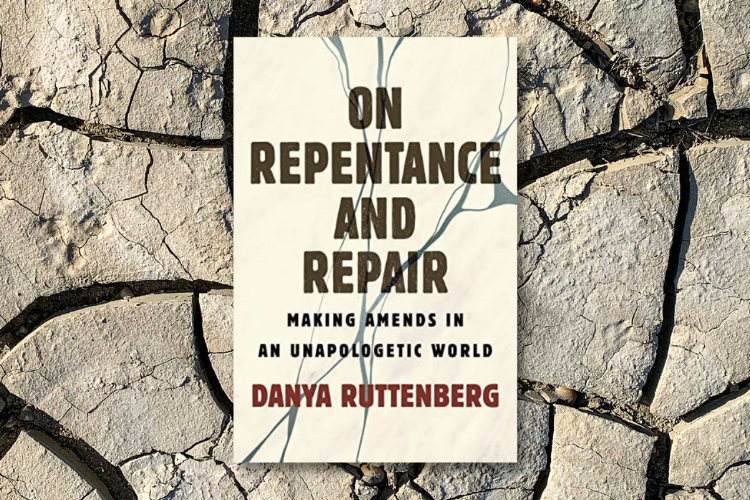
How neo-Hasidism fits in.
I’ve been studying the Ba’al Shem Tov with my hevruta and have been becoming more and more familiar with a Jewish practice called neo-Hasidism, one of the pillars of Renewal thought. One of the blockages I’ve been having to learning is the notion that sin and the evil urge can lead us to redemption. This has been a difficult idea to understand. I always figured that G!d would prefer us not committing any sin at all. But I guess that’s a pretty big “ask” for most of us. It might be better for us to acknowledged that we sinned and that we got something useful from that experience. I read somewhere that G!d likes sinners because they have to work so much harder for redemption than those who don’t sin.
If that’s the case, I have a pretty good chance as long as I get the work done.
And may it be for all of us a blessing.
See you tonight!
Mit vareme grusn,
(With warm regards,)
All my love,
brian.
PS
The following is a column by Jay Michaelson who is a scholar of Jewish contemplative practices. I've studied him and highly recommend what he has to say.

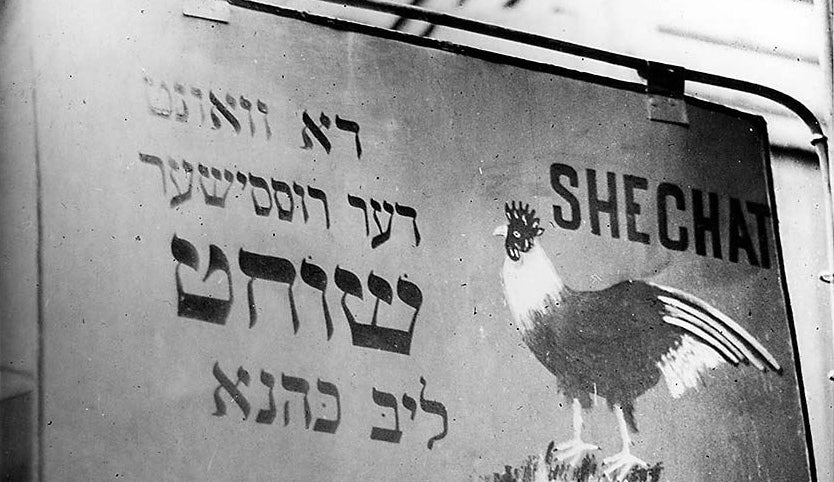
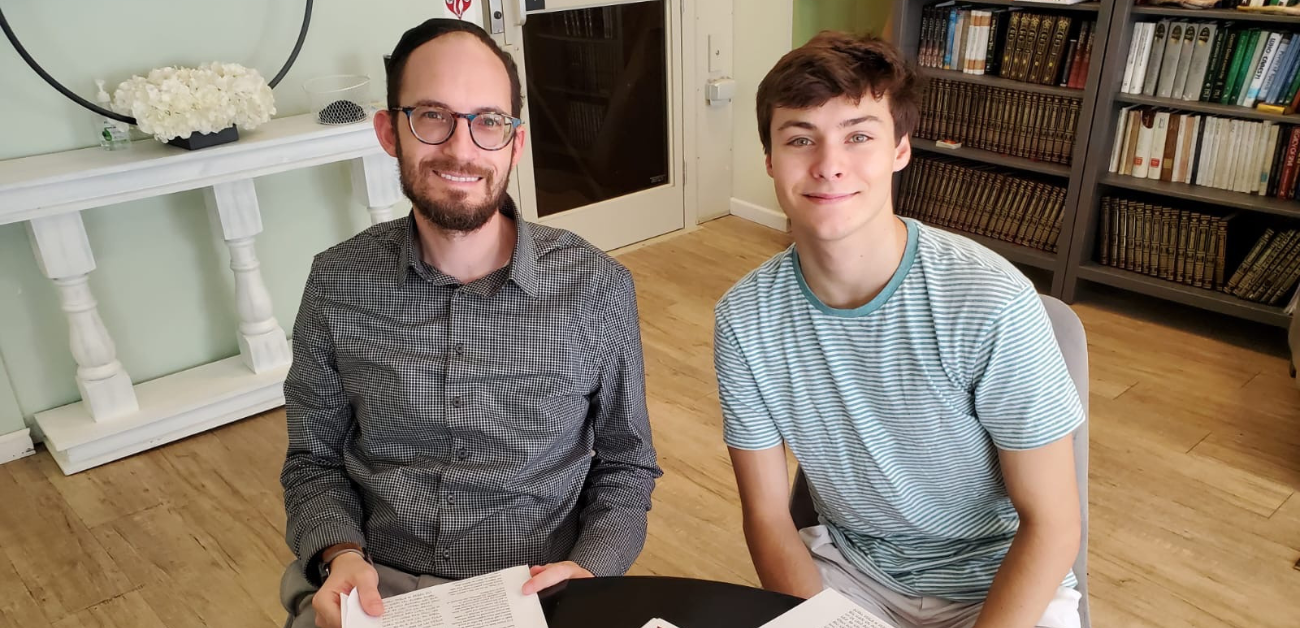
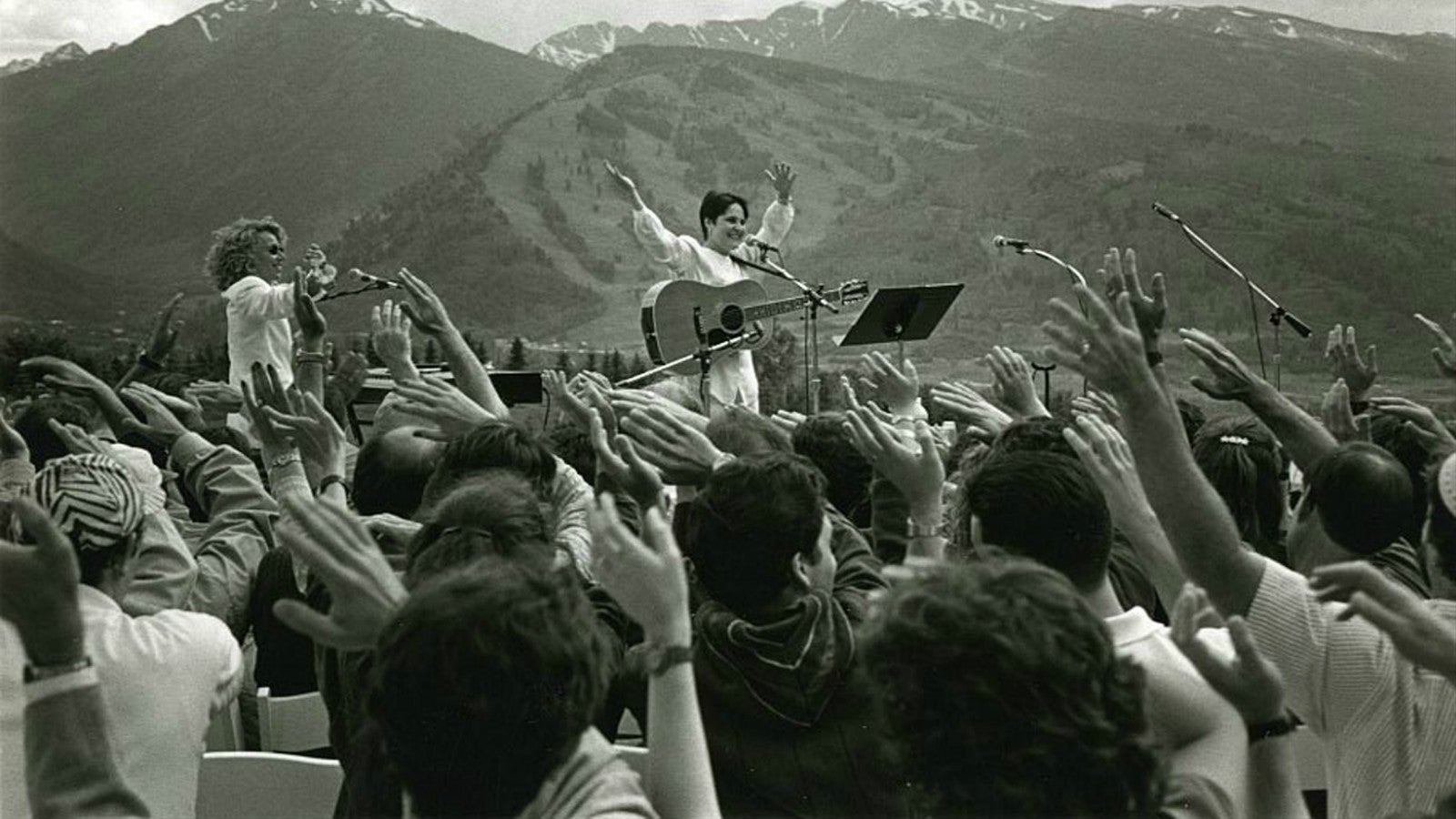
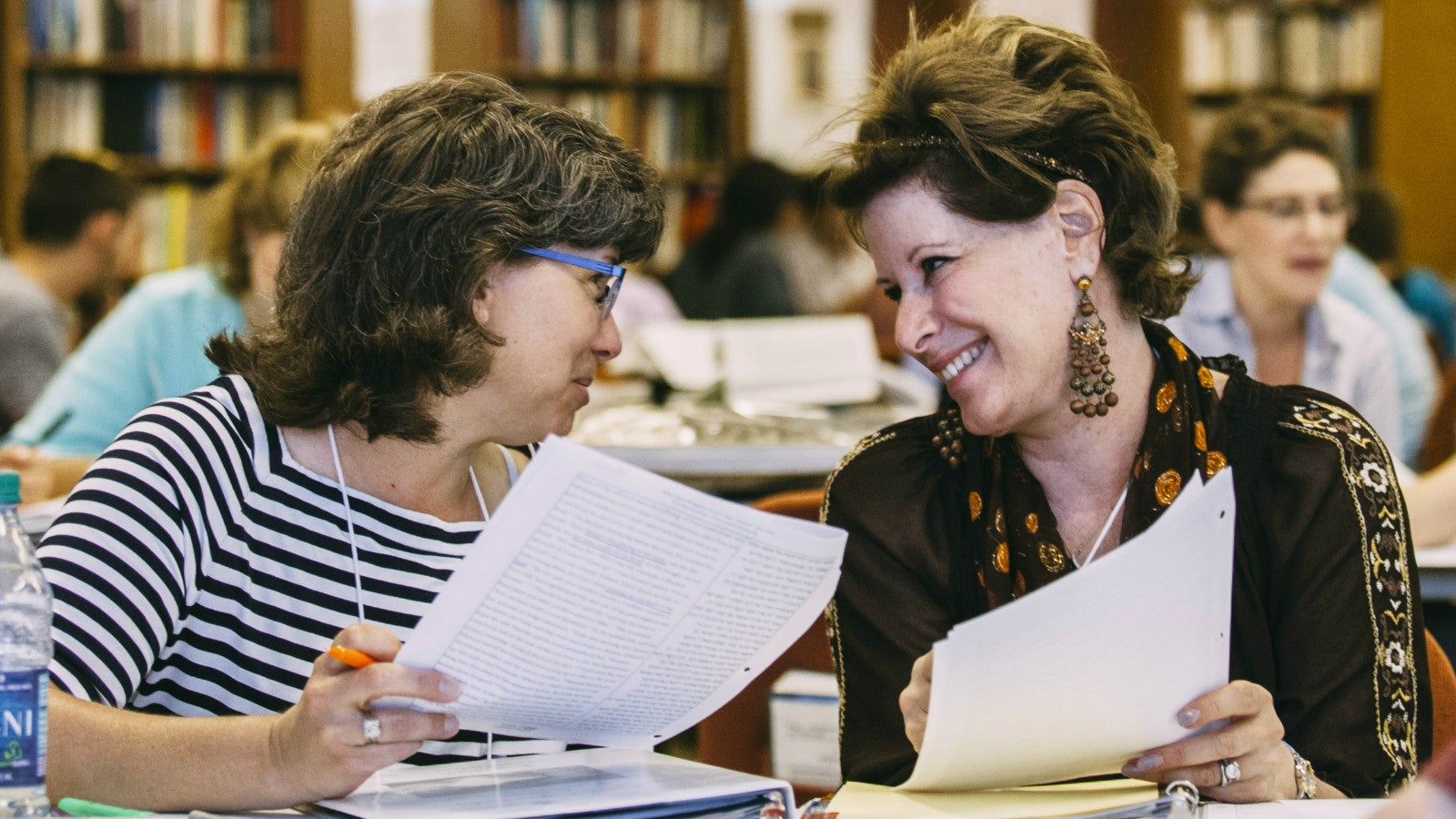
DuoYid

-30-





